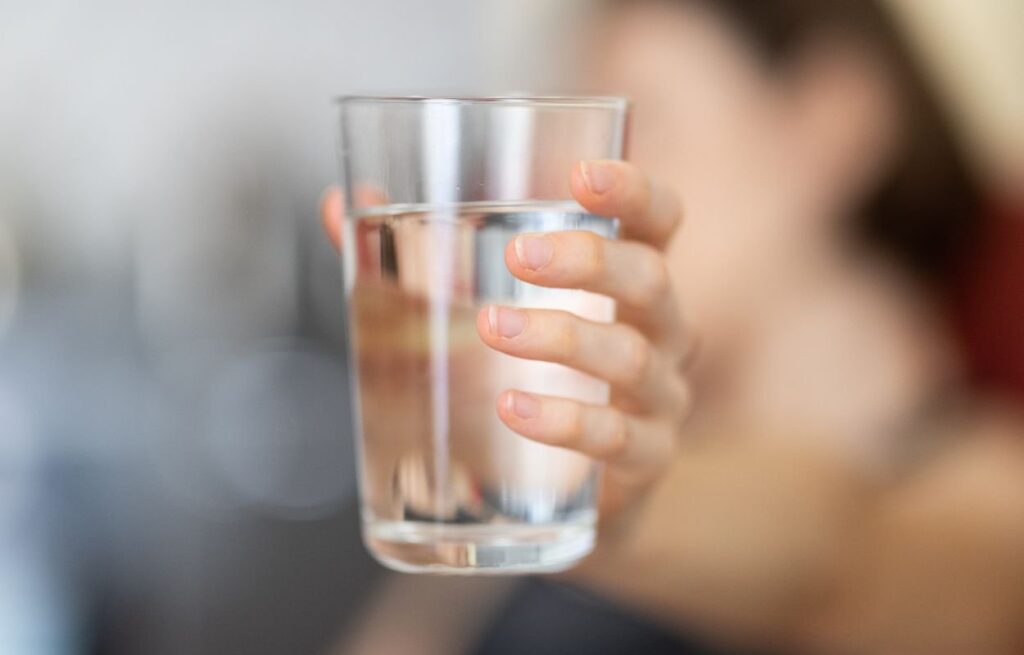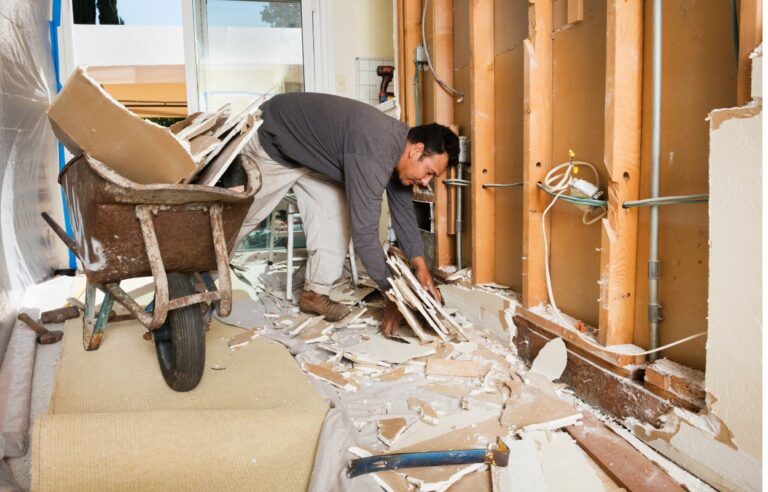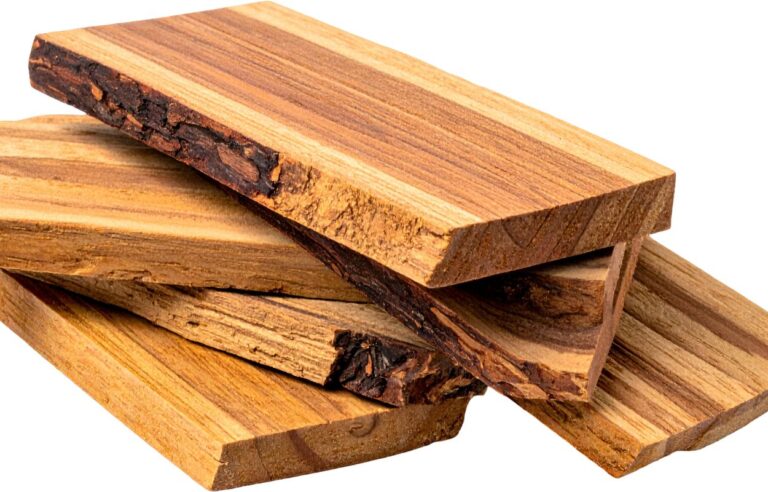
Lead in drinking water is something you never want to mess around with. It sounds scary—and honestly, it kind of is. But the good news is that you can test for it and fix the problem. If you’re living in an older home, or you’ve just moved into a new place and you’re unsure about your water pipes, it’s worth looking into. Let’s talk about how to check your water and how to remove lead if you find it.
WHY LEAD IN WATER IS A BIG DEAL
Lead isn’t something your body wants or needs. In fact, there’s no safe level of lead exposure, especially for kids. Even tiny amounts can cause serious health problems. It can mess with brain development in children and cause learning or behavior issues. In adults, it can raise blood pressure and cause kidney damage. That’s why people get really serious about lead in drinking water.
You may be thinking, “Well, I don’t taste lead in my water.” That’s the tricky part—lead is invisible, odorless, and tasteless. You won’t notice it just by drinking your tap water. That’s why testing is so important.
HOW DOES LEAD GET INTO TAP WATER?
Lead usually sneaks into water through old pipes. If your house or building was built before the 1990s, there’s a chance you have lead service lines or plumbing solder that contains lead. When water travels through those pipes, it can pick up lead along the way. Hot water makes it worse, so it’s best not to use hot tap water for cooking or drinking.
You won’t always see signs of corrosion either. Everything might look fine on the outside, while your water picks up lead from inside the pipes. That’s why knowing your plumbing’s history can help a lot.
HOW TO TEST YOUR WATER FOR LEAD
Luckily, testing for lead in water isn’t hard. You have a few options, depending on how thorough you want to be.
One of the easiest ways is to buy a lead testing kit. You can find these at hardware stores or online. Just follow the instructions and send your sample to the lab (some kits include lab fees, so check that). In a few days, you’ll get your results.
Another option is to contact your local health department. Some areas offer free testing or can point you in the right direction. You can also hire a certified water testing service for more detailed results.
When testing, make sure you sample the first water out of the tap in the morning. This water has been sitting in the pipes overnight and will give the most accurate reading.
WHAT TO DO IF YOUR WATER HAS LEAD
So, let’s say your test comes back and it’s not great news. There’s lead in your drinking water. First off—don’t panic. There are several ways to deal with it.
One of the simplest solutions is using a water filter. But not just any filter will do. Make sure it’s certified to remove lead (look for NSF/ANSI Standard 53 on the label). Some pitchers and faucet filters work great. Just remember to replace the filters regularly.
You can also flush your pipes. This means running cold water for several minutes before using it for drinking or cooking. It helps clear out any water that’s been sitting and collecting lead overnight.
In the long run, though, you might want to look into replacing old lead pipes. That’s where things get more serious—and more expensive—but it’s the most effective way to deal with lead permanently. This is especially true if you own your home and plan to stay there long-term.
LEAD ABATEMENT IN PARKSVILLE: WHY IT MATTERS
If you’re in Parksville, this is something to take seriously. Many homes in the area have been around for a while. That means there’s a real chance that older plumbing materials could be in play.
That’s why lead abatement in Parksville is such an important service. Local professionals can inspect your pipes, check for any risk factors, and help you come up with a plan. Whether it’s replacing sections of pipe or installing proper filters, they’ll make sure your water is safe.
It’s a good investment not just for your health but also for your home’s value. When buyers know a house has safe, lead-free plumbing, it adds peace of mind.
OTHER WAYS TO REDUCE LEAD EXPOSURE
Besides using filters and checking pipes, there are a few more ways to cut down on lead exposure. Always use cold water for drinking, cooking, and baby formula. Hot water is more likely to pull lead from the pipes.
Clean your faucet aerators. That’s the little screen at the end of your faucet. Sometimes particles get trapped there, and those can include lead.
And don’t forget to keep an eye on your kids’ health. If there’s even a small chance of lead exposure, talk to your doctor about a simple blood test. Catching it early can make a big difference.
WHEN TO CALL IN THE PROS
Sometimes, DIY fixes just aren’t enough. If your test results show high lead levels, or you’ve already done what you can and still have concerns, it’s time to bring in the experts.
Professional plumbers who specialize in lead abatement in Parksville can guide you through your next steps. They’ll assess your pipes, explain your options, and help you figure out what’s best for your situation.
And here’s the nice part—they’re used to dealing with these issues. You’re not the first person to face this, and you won’t be the last. They’ve got the tools and experience to handle it safely.
STAYING SAFE FOR THE LONG HAUL
Testing your water is just the first step. Keeping your drinking water safe is an ongoing thing. Filters need changing. Pipes may need checking every few years. If you’re renting, ask your landlord about the plumbing setup. If you’re buying a house, have the pipes inspected during the home inspection.
And don’t forget—kids, pets, and guests all rely on safe water too. It’s a simple way to protect the people you care about.
WRAPPING IT UP
Lead in drinking water isn’t something you want to ignore. But the good news? You can do something about it. Testing your water is easy and doesn’t cost much. If you find lead, there are filters, flushing tricks, and professional help available.
If you’re in an older home—or just want peace of mind—get your water checked. And if you’re in Parksville, don’t hesitate to look into lead abatement in Parksville to keep your family safe.
Your water should be as clean and healthy as your lifestyle. Let’s keep it that way.
